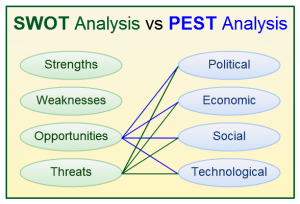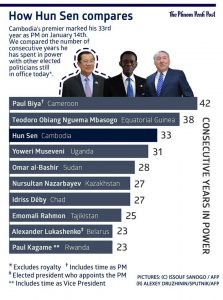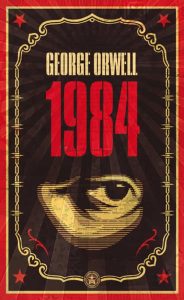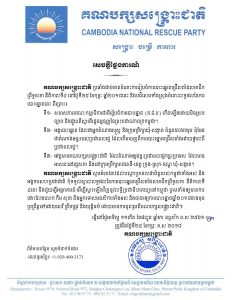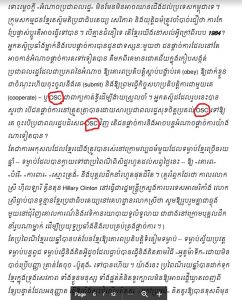 ជនផ្តាច់ការដែលអាចនៅតែកាន់អំណាចផ្តាច់ការតទៅមុខទៀតបាន គឹមកពីគេមានជោគជ័យក្នុងការកៀបសង្កត់ប្រជាពលរដ្ឋ ដែល
ជនផ្តាច់ការដែលអាចនៅតែកាន់អំណាចផ្តាច់ការតទៅមុខទៀតបាន គឹមកពីគេមានជោគជ័យក្នុងការកៀបសង្កត់ប្រជាពលរដ្ឋ ដែល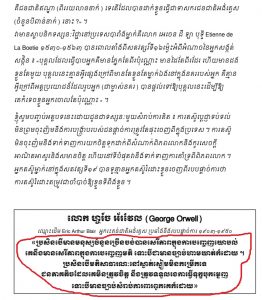 ជាប្រភពនៃអំណាចអោយនៅស្តាប់បង្គាប់គេ(obey) អោយដាក់ខ្លួនជាចំណុះចុះចូលនឹងគេ(submit) និងអោយព្រមធ្វើកិច្ចសហប្រតិបត្តិការជាមួយគេ(cooperate) – ឬ OSC ជាពាក្យកាត់ខ្លីដើម្បីស្រួលងាយចាំ។ អ្នកតស៊ូដដែលរូបនេះបានសួរថា បើជនផ្តាច់នៅត្រួតត្រាបានដោយសារប្រជាពលរដ្ឋសុខចិត្តប្រគល់អោយ OSC ទៅអោយគេ តែចុះបើប្រជាពលរដ្ឋបដិសេធន៌ OSC វិញ តើជនផ្តាច់ការអាចនឹងបន្តអំណាចផ្តាច់យ៉ាងណាទៀតបាន?
ជាប្រភពនៃអំណាចអោយនៅស្តាប់បង្គាប់គេ(obey) អោយដាក់ខ្លួនជាចំណុះចុះចូលនឹងគេ(submit) និងអោយព្រមធ្វើកិច្ចសហប្រតិបត្តិការជាមួយគេ(cooperate) – ឬ OSC ជាពាក្យកាត់ខ្លីដើម្បីស្រួលងាយចាំ។ អ្នកតស៊ូដដែលរូបនេះបានសួរថា បើជនផ្តាច់នៅត្រួតត្រាបានដោយសារប្រជាពលរដ្ឋសុខចិត្តប្រគល់អោយ OSC ទៅអោយគេ តែចុះបើប្រជាពលរដ្ឋបដិសេធន៌ OSC វិញ តើជនផ្តាច់ការអាចនឹងបន្តអំណាចផ្តាច់យ៉ាងណាទៀតបាន?
សូមអានអត្ថបទទាំងស្រុងរបស់បណ្ឌិតពាងម៉េត…

